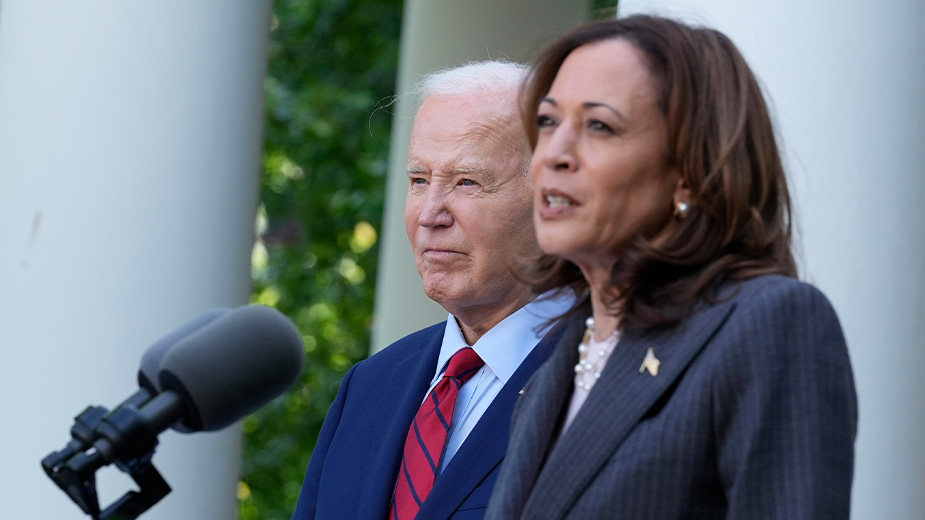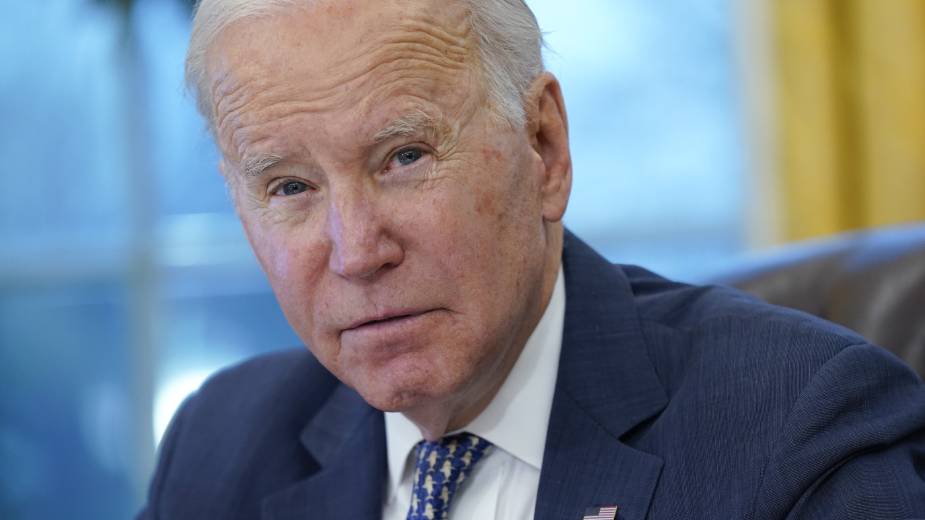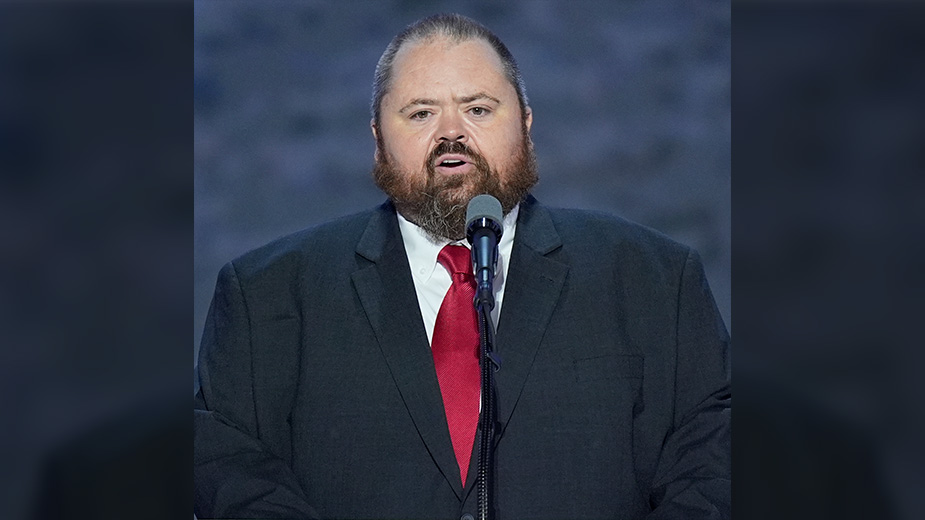Lawsuit Seeks Injunction Against Municipal Net Profit Tax Provisions
YOUNGSTOWN, Ohio – The City of Youngstown was one of 22 Ohio cities and villages that filed suit Tuesday to challenge newly enacted state laws regarding the collection of municipal net profit tax.
The municipalities are asking the Court to declare the provisions of Ohio House Bill 49 to be unconstitutional and to prevent them from being implemented.
Cleveland-based Walter Haverfield LLP filed the suit in Lorain County Common Pleas Court against the State of Ohio and tax commissioner Joe Testa. A release by the Regional Income Tax Agency, or RITA, says the suit requests “temporary and permanent injunction against state’s attempt to collect municipal net profit tax.” This comes on the heels of a similar lawsuit filed in Franklin County Court of Common Pleas in November by a coalition of more than 100 municipalities.
The provisions create a central, state-run system to collect and administer municipal net profit tax from businesses operating in Ohio municipalities. The system allows businesses to file one return through the Ohio Business Gateway. For companies that do business in multiple municipalities, this allows them to file a single return with the state rather than a return for each municipality. In June, H.B. 49 passed the Ohio House and Senate with overwhelming Republican support and will take effect for tax year 2018.
“Complying with Ohio’s municipal income tax system has been an excessive burden for businesses for too long,” said Testa in a statement. “That’s why Governor Kasich and more than 30 statewide business associations pushed for this reform that allows businesses to choose whether to file only one municipal net profit tax return with the state or continue to file with each and every municipality in which they do business. This reform will reduce costs for business, make them more profitable and help them create more jobs.”
It’s something that the tax department’s chief legal counsel, Matt Chafin, says has been a longtime concern for companies that do business in more than one municipality.
“This legislation was born from that urgency provided by businesses to come up with a method of complying for that without having to file in hundreds of jurisdictions with differing forms and different processes,” he says.
Participation is optional. Businesses that opt in commit to one year with an automatic renewal unless they cancel. Provisions in the law include:
- Tax collections will be distributed monthly to the appropriate municipality by the Ohio Department of Taxation, with interest, minus a 0.5% administrative fee.
- Municipalities have access to the same information from ODT as they would have received on a filing made with the municipality.
- Municipalities can request that ODT review a business filing.
A release from the department reports that the tax commissioner proposes rules; prescribes forms; conducts audits; issues bills, assessments and refunds; handles appeals; certifies debts; and conducts all other necessary administrative functions. Municipalities retain control over tax rates and tax credits, and provide taxpayers with certificates for each tax year stating the dollar amount of the credit the business is entitled to claim.
However, Tuesday’s lawsuit claims that the new laws interfere with the municipalities’ home rule authority. The Ohio Revised Code gives municipalities the right to determine their own taxation, and how those taxes will be levied, says RITA’s executive director, Don Smith. Municipalities establish their own ordinances, rules and regulations, provided they didn’t violate the ORC, he says. RITA collects and administers income taxes for more than 320 jurisdictions in Ohio, including Youngstown.
The tax department argues that two sections of the Ohio constitution give the general assembly authority to govern local taxes but Smith counters that H.B. 49 actually violates Ohio constitution.
“With the passage of H.B. 49, a separate section of law was established and given only to the tax commissioner,” he says. “That means that a business who was next to another on the same street – one deciding to file with the Ohio Department of Taxation, the other remaining filing with the municipality – could in essence have two different sets of rules and regulations and have those rules and regulations administered differently, putting them on what I consider to be an uneven playing field.”
Watch Don Smith’s 3 Minutes With interview for more.
As the law is written, Smith says municipalities give up the ability to see or audit the tax returns, as well as the ability to challenge what is reported on the tax return, “even though it is their tax revenue that is being collected.”
And the state’s 0.5% administrative fee will cut into that revenue, says Youngstown’s city law director, Martin Hume. Hume says RITA does an efficient job and questions why the city should pay additional fees for a service “that there’s no need for.
“It’s a solution in search of a problem,” Hume says. “From our perspective, we do a pretty good job of it ourselves and we don’t need the state to do it.”
The tax department argues that opting in will actually save municipalities money, says Chafin. If every Ohio business that operates in multiple municipalities opts in, the department estimates savings in annual compliance costs to be about $800 million. Chafin argues further that municipalities pay more to organizations like RITA to administer municipal taxes.
“They [RITA] collect fees from municipalities of 1.5% up to 3%,” he says. “We will charge one-half of one percent.”
RITA charges a 3% retainer for municipalities that contract with it, Smith explains. Any money not spent to cover administration costs is returned to the municipality at the end of the year.
“In the last 10 years, on average, our members have incurred a cost of 1.68%,” Smith says. In 2016, Youngstown paid a 1.26% rate.
For the payment, municipalities receive electronic filing, processing and auditing of municipal income taxes, as well as handling of payment plans, compliance work, watching for noncompliant or under-reporting tax payers, and processing any administrative work on the municipality’s behalf, including going to court, he says.
Smith also raises doubts about the state’s technological infrastructure. Companies that opt in will file using the Ohio Business Gateway, which he says, “is not an efficient vehicle for filing.”
The January 1 launch of the program includes a new computer system to replace the old system, Chafin says. And regarding concerns about plans to make this tax-filing program mandatory for all Ohio businesses, Chafin sees no such plans in the near future, adding that sole proprietors and single-member LLCs aren’t even eligible for the opt-in and must continue to file with their local municipality.
“We’re just taking care of the businesses’ problem that’s been resonating with us for years,” he says. “This money belongs to the jurisdictions and we are putting that money back in their hands.”
Copyright 2024 The Business Journal, Youngstown, Ohio.



